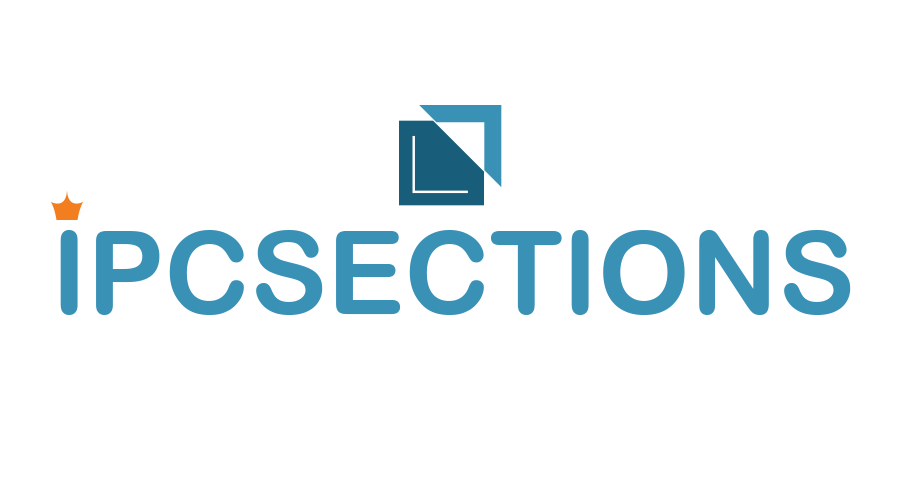In recent years, the digitization of tangible assets through blockchain technology – commonly referred to as asset tokenization – has gained significant traction. From real estate and commodities to art and collectibles, tokenization allows real-world assets to be represented as digital tokens on a blockchain. This innovation unlocks liquidity, improves transparency, and simplifies ownership transfer. However, as with any emerging technology, legal clarity is crucial. A reputable Web3 law firm plays a vital role in navigating the complexities associated with this transformation.
Understanding Asset Tokenization
Asset tokenization involves creating digital representations of physical or intangible assets on a blockchain. Each token embodies ownership rights or a share of the asset, enabling fractional ownership and broader access to investments that were traditionally illiquid or limited to large-scale investors. While the technology offers immense potential, it also raises legal questions about jurisdiction, ownership validation, regulatory compliance, and smart contract enforcement.
Regulatory Landscape: Navigating Jurisdictional Complexities
Tokenized assets often transcend national borders, creating challenges in terms of applicable law and regulatory oversight. Different jurisdictions may classify tokens in various ways – some as securities, others as commodities, and some with entirely new legal definitions. Understanding how your tokens will be classified under specific laws is essential for legal compliance. This is where the expertise of a tech law firm becomes invaluable, helping innovators avoid legal pitfalls and ensure that token offerings adhere to the relevant guidelines of each jurisdiction.
Legal Structures for Tokenization
To ensure legitimacy and enforceability, tokenization projects must be built on a solid legal foundation. This involves selecting the appropriate business structure, clearly defining token ownership rights, and ensuring that the underlying asset is legally tied to the digital token. Smart contracts should be audited and designed to reflect contractual terms that are enforceable under current laws. Additionally, provisions for dispute resolution and governance should be considered during the planning phase.
Compliance and Investor Protection
One of the major challenges in tokenizing real-world assets is compliance with securities laws. If tokens are deemed to be securities, they must meet specific registration, disclosure, and reporting requirements. Anti-money laundering (AML) and know-your-customer (KYC) protocols must also be integrated into the platform’s operations. A knowledgeable Web3 law firm can assist in identifying whether a token falls under securities regulations and guide projects in implementing the right compliance frameworks.
Best Practices for Successful Tokenization
- Due Diligence: Conduct thorough research on both the asset and the market. Ensure clear title and value verification.
- Clear Legal Documentation: Draft comprehensive legal documents that define token-holder rights and responsibilities.
- Smart Contract Auditing: Use third-party experts to audit code and verify that it functions as legally intended.
- Investor Education: Provide accessible materials explaining the token’s utility, risks, and legal context.
- Ongoing Legal Updates: Regularly consult legal experts to adapt to evolving laws and regulations in the Web3 space.
The Role of Legal Experts
Given the high stakes and complexity of tokenizing assets, it’s essential to involve legal professionals early in the process. From identifying regulatory hurdles to structuring compliant offerings and drafting legally binding smart contracts, legal advisors provide the strategic insight required for long-term success. A tech law firm with a deep understanding of digital assets and blockchain ecosystems can act as a cornerstone for any successful tokenization initiative.
Conclusion
Tokenizing real-world assets represents the next frontier in digital innovation, offering unparalleled opportunities in finance, real estate, and beyond. Yet, the promise of tokenization can only be realized with careful attention to legal frameworks and regulatory compliance. This is where the expertise of a trusted legal partner becomes critical. Aurum stands at the forefront of this transformation, offering tailored legal solutions to pioneering enterprises in the Web3 and blockchain space. As a global leader in the field, the legal firm helps businesses unlock the full potential of tokenization while ensuring every step is legally sound.

